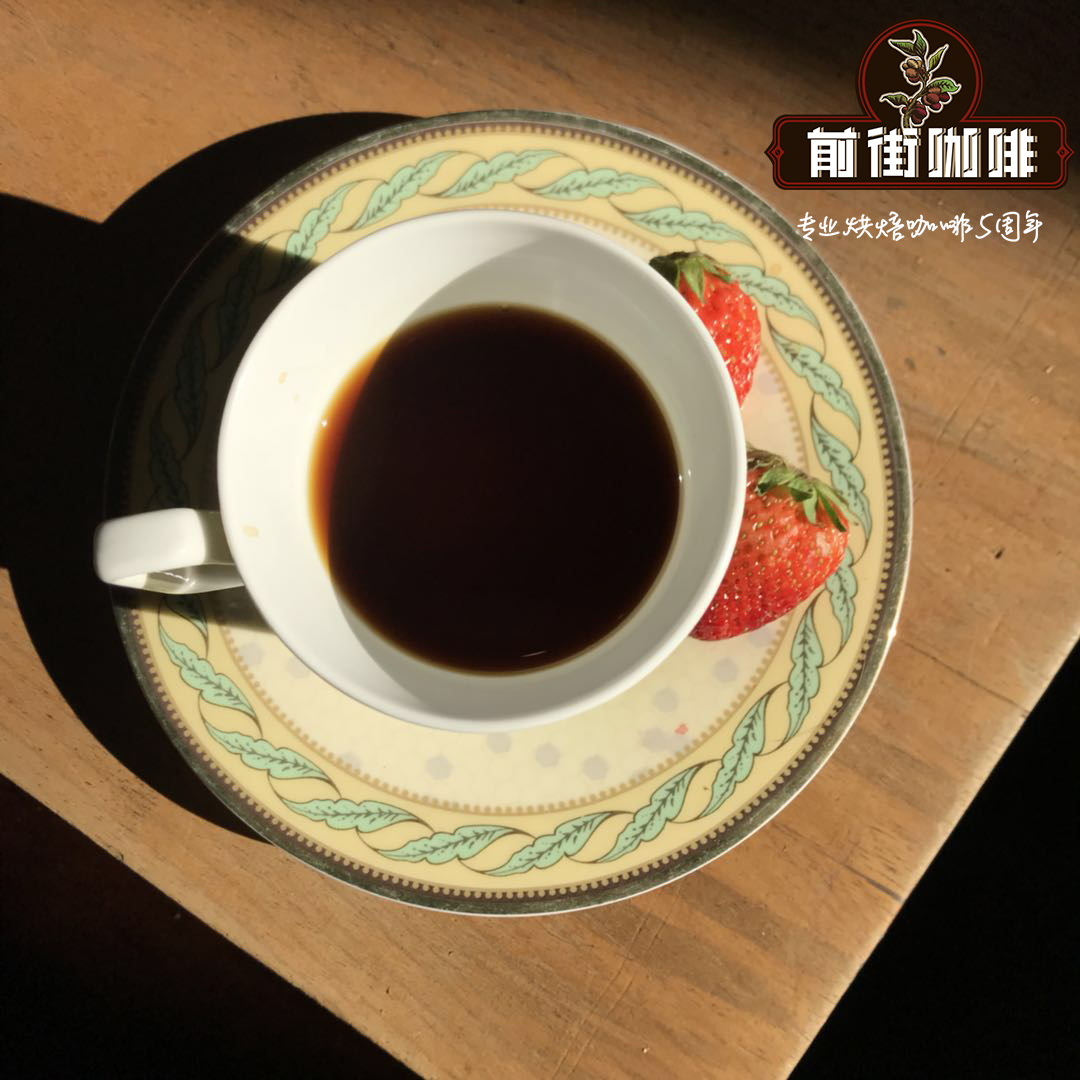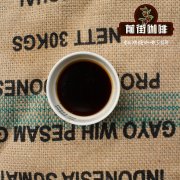Starbucks from a single farm how to drink coffee beans from Ethiopia's Kayong Mountain Farm?

Professional coffee knowledge exchange more coffee bean information please follow the coffee workshop (Wechat official account cafe_style)
Ethiopian coffee beans from a single farm are rare on the market. Therefore, we are particularly honored to share this micro batch from Guji District with you.
In the past, Guji was listed as the producing area of Sidamo, but although the shape of Guji coffee beans is similar to Sidamo, it has its own unique style. After years of debate, the Ethiopian government has granted Guji producing areas a unique geographical distinction. The Kayong Mountain Farm is located in the Oromia area of the Guji producing area in southern Ethiopia.
The translation of "kayon" means "goal". This is a beautiful spell made by the farm owner to take care of and handle the coffee with all his heart and love, so we use such a meaningful name to name this outstanding coffee with a wonderful flavor. Workers on farms use large-scale pruning, and unlike the average coffee farmer, they use half of the land to plant shade trees, which is rare in Ethiopia.
The Kayong Mountain Farm covers an area of about 240 hectares and uses natural shade, covering more than half of the shade area. Animal manure is the main source of fertilizer.
In 2012, a number of local families set up Kayong Mountain Farm, led by Ato Esmael and his family, out of their pursuit of life and their obsession with coffee. The farm is committed to producing better quality coffee in a sustainable manner.
In 2015, Kayong Mountain Farm had its own washing station and dry sheller, so they could export coffee. Such coffee from a single farm is rare in Ethiopia.
The harvest season is from October to January of the following year, when Ato employs more than 300 farmers to help with the harvest and processing. Kayong Mountain has 25 long-term employees.
Ato pays more for his workers so that people are happy to work with him every year.
Most of the coffee trees here are wild. Kayong Mountain Farm has its own washing station, so it can directly export raw coffee beans and allow them to monitor every detail of coffee processing. You can taste the fragrance of beautiful flowers in the cup, and the beautiful coffee flavor presented in the cup fully proves the farm owner's dedication and determination to the coffee.
Coffee bean label:
The design of the card is inspired by Kayong Mountain Farm. Coffee farmers at Kayong Mountain Farm do their best to ensure that coffee in the area is grown and produced under the best conditions. They plant shaded trees to protect the coffee ecosystem, and they maintain and use the sun and washing processing plants on their farms instead of looking for resources elsewhere. It is the coffee farmers' love of coffee that makes this coffee so special. The design of this card depicts the beautiful terrain of the farm and the process of drying coffee berries.
The coffee hand in front of the street suggests:
V60 filter cup
Medium and rough grinding, water temperature 88 ℃, ratio of powder to water 1:15, extraction time (steaming starts) one minute and 50 seconds.
Caption: the flower fragrance is obvious, the acidity is bright, and the chocolate finish is obvious.
END
Important Notice :
前街咖啡 FrontStreet Coffee has moved to new addredd:
FrontStreet Coffee Address: 315,Donghua East Road,GuangZhou
Tel:020 38364473
- Prev

The international community began to go crazy about Geisha, calling it "the champagne of the coffee world".
Professional coffee knowledge exchange more coffee bean information please follow the coffee workshop (Wechat official account cafe_style) 2013 Panamanian boutique coffee association in Panama in 2004 the Peterson family first introduced the variety of geisha, since then the international community has been crazy about Geisha! Also known as "the champagne of the coffee world". (SCAP) Best Panamanian Coffee
- Next

The varieties of Patch Coffee introduce how to drink and brew pache Patch Coffee in Guatemala New Oriental.
Professional coffee knowledge exchange more coffee bean information please follow the coffee workshop (Wechat official account cafe_style) New Oriental New Oriente Rain Water Fengpei, under the shadow of clouds for years, the climate is similar to the Koban rainforest producing area. It used to be a volcanic area, and the soil contained metamorphic rocks. The minerals in the soil are balanced by a large amount of metamorphic rock. The cultivation of coffee is also in general danger.
Related
- Detailed explanation of Jadeite planting Land in Panamanian Jadeite Manor introduction to the grading system of Jadeite competitive bidding, Red bid, Green bid and Rose Summer
- Story of Coffee planting in Brenka region of Costa Rica Stonehenge Manor anaerobic heavy honey treatment of flavor mouth
- What's on the barrel of Blue Mountain Coffee beans?
- Can American coffee also pull flowers? How to use hot American style to pull out a good-looking pattern?
- Can you make a cold extract with coffee beans? What is the right proportion for cold-extracted coffee formula?
- Indonesian PWN Gold Mandrine Coffee Origin Features Flavor How to Chong? Mandolin coffee is American.
- A brief introduction to the flavor characteristics of Brazilian yellow bourbon coffee beans
- What is the effect of different water quality on the flavor of cold-extracted coffee? What kind of water is best for brewing coffee?
- Why do you think of Rose Summer whenever you mention Panamanian coffee?
- Introduction to the characteristics of authentic blue mountain coffee bean producing areas? What is the CIB Coffee Authority in Jamaica?

